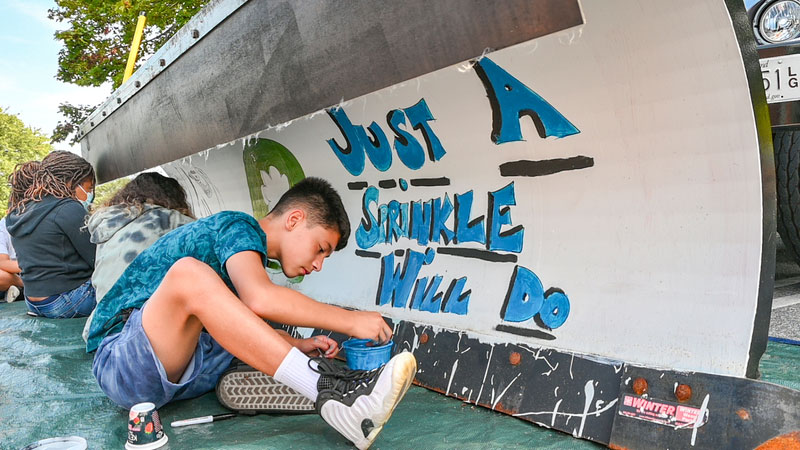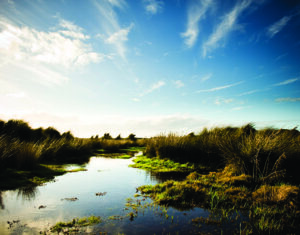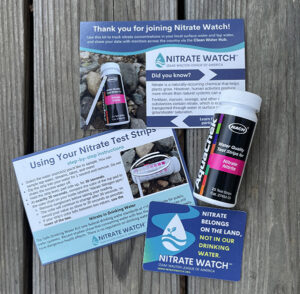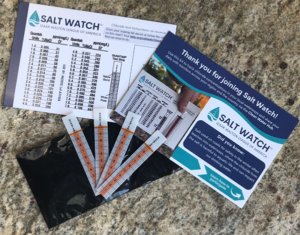We All Have a Role to Play
The Salt Watch program is about more than raising awareness and documenting road salt pollution. It is about advocating for solutions that will reduce chloride pollution and mitigate its effects. All of us have a role to play – including you!
On this page, you’ll find inspiration and resources to help you advocate for clean water that is free from unsafe levels of chloride.

Spread the Word
The first step toward combating a pollution problem is raising awareness. Use these resources to get the word out about chloride pollution and the Salt Watch program.
Spread the Word
The first step toward combating a pollution problem is raising awareness. Use these resources to get the word out about chloride pollution and the Salt Watch program.
Contact Local Officials
Contact Your Local Government
Call your city or county Department of Environmental Protection to report high chloride levels or large salt piles (either piles spilled on the road or uncovered stockpiles). Call your Department of Transportation to ask them to apply less salt on the roads.
Call Your Local Environmental Agency
Contact your Department of Natural Resources or Department of Environmental Quality to report consistently high chloride levels in surface water (rivers, lakes, streams).
Report Oversalting
See an uncovered salt pile, salt spill, or oversalting event? Report it! You can report illegal spills, dumping, and local emergencies related to the storm drain system to your local department of environmental protection, stormwater division, or county conservation office. Make sure to document the date, time, and where the incident occurred.
Share Your Advocacy Actions
Let us know how you’ve taken your water quality monitoring to the next level.
“Advocacy” can mean lots of things – sharing your water quality data with community members, writing a letter to the editor, contacting local leaders, handing out flyers, cleaning up trash in your stream, and so much more. If you’ve taken any actions, big or small, to try to improve water quality in your community, we want to hear about it!
Looking for more guidance?
The Save Our Streams Advocacy Guide shows you how to take action at the local, state or federal level to protect the waterways you monitor. You’ll find valuable tips and advice on how to organize your community, influence policymakers and create positive change for your streams.
Looking for more guidance?
The Save Our Streams Advocacy Guide shows you how to take action at the local, state or federal level to protect the waterways you monitor. You’ll find valuable tips and advice on how to organize your community, influence policymakers and create positive change for your streams.

 Your kit will include a bottle containing 25 nitrate test strips which you can use to test your water source(s) throughout the year. You’ll also receive postcards explaining how to use your nitrate test strips and how to share your Nitrate Watch results on the Clean Water Hub.
Your kit will include a bottle containing 25 nitrate test strips which you can use to test your water source(s) throughout the year. You’ll also receive postcards explaining how to use your nitrate test strips and how to share your Nitrate Watch results on the Clean Water Hub. Your kit will include four test strips so you can test your waterway throughout the season. You’ll also receive a chart to help you interpret your results and a postcard with instructions for completing a Salt Watch test and reporting your findings.
Your kit will include four test strips so you can test your waterway throughout the season. You’ll also receive a chart to help you interpret your results and a postcard with instructions for completing a Salt Watch test and reporting your findings.